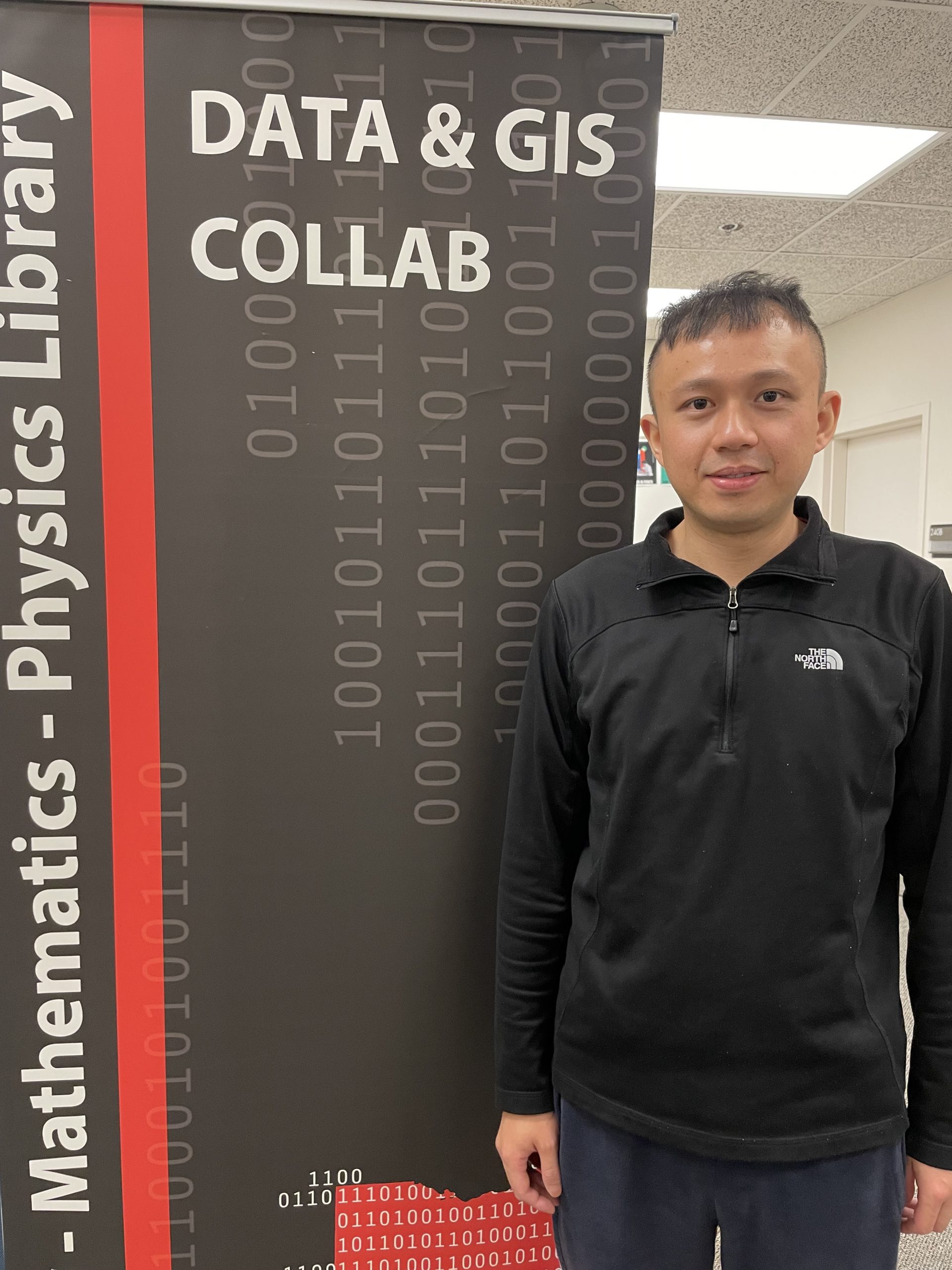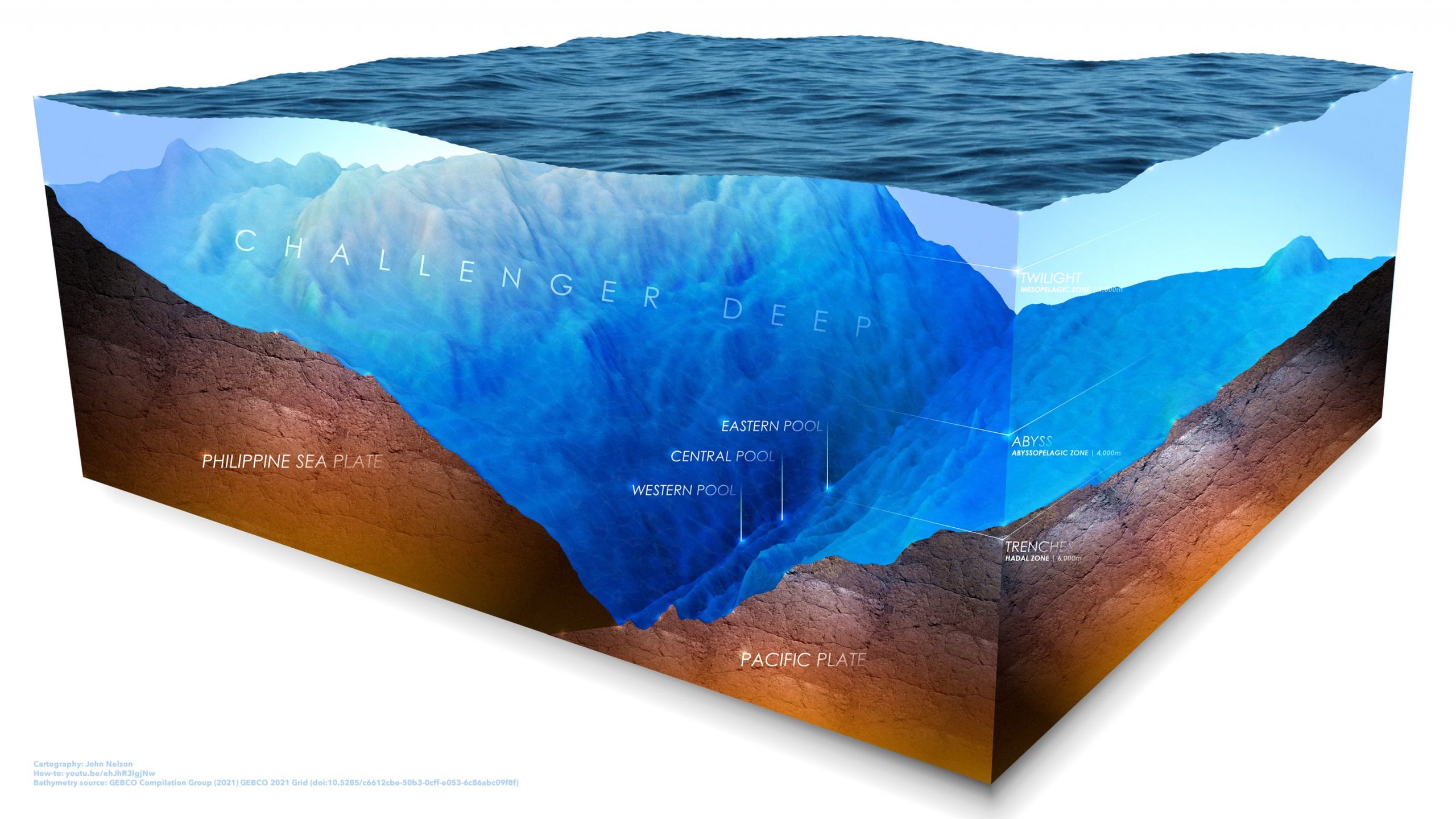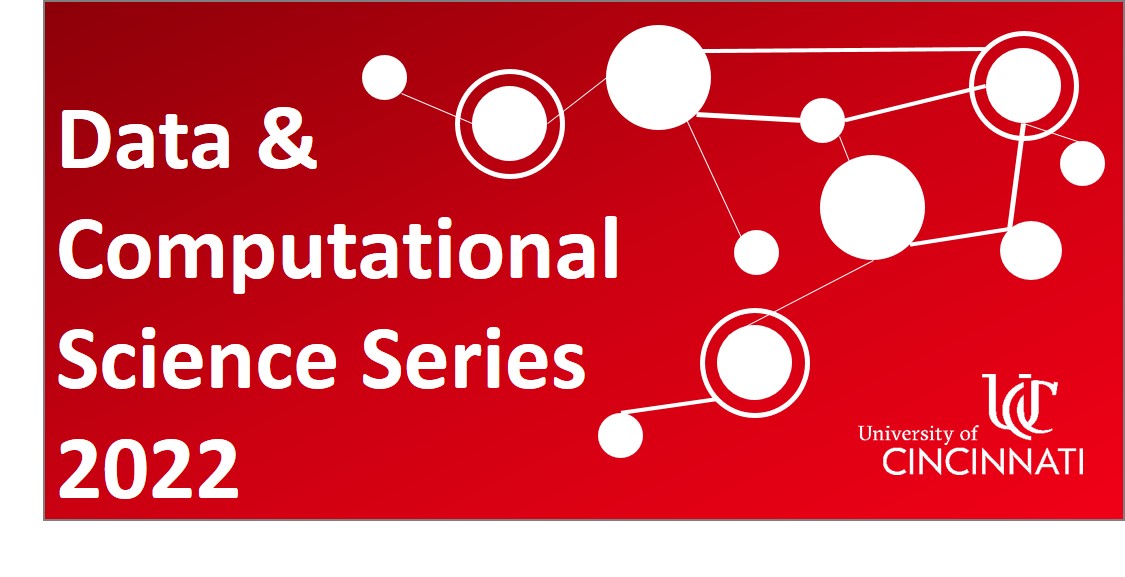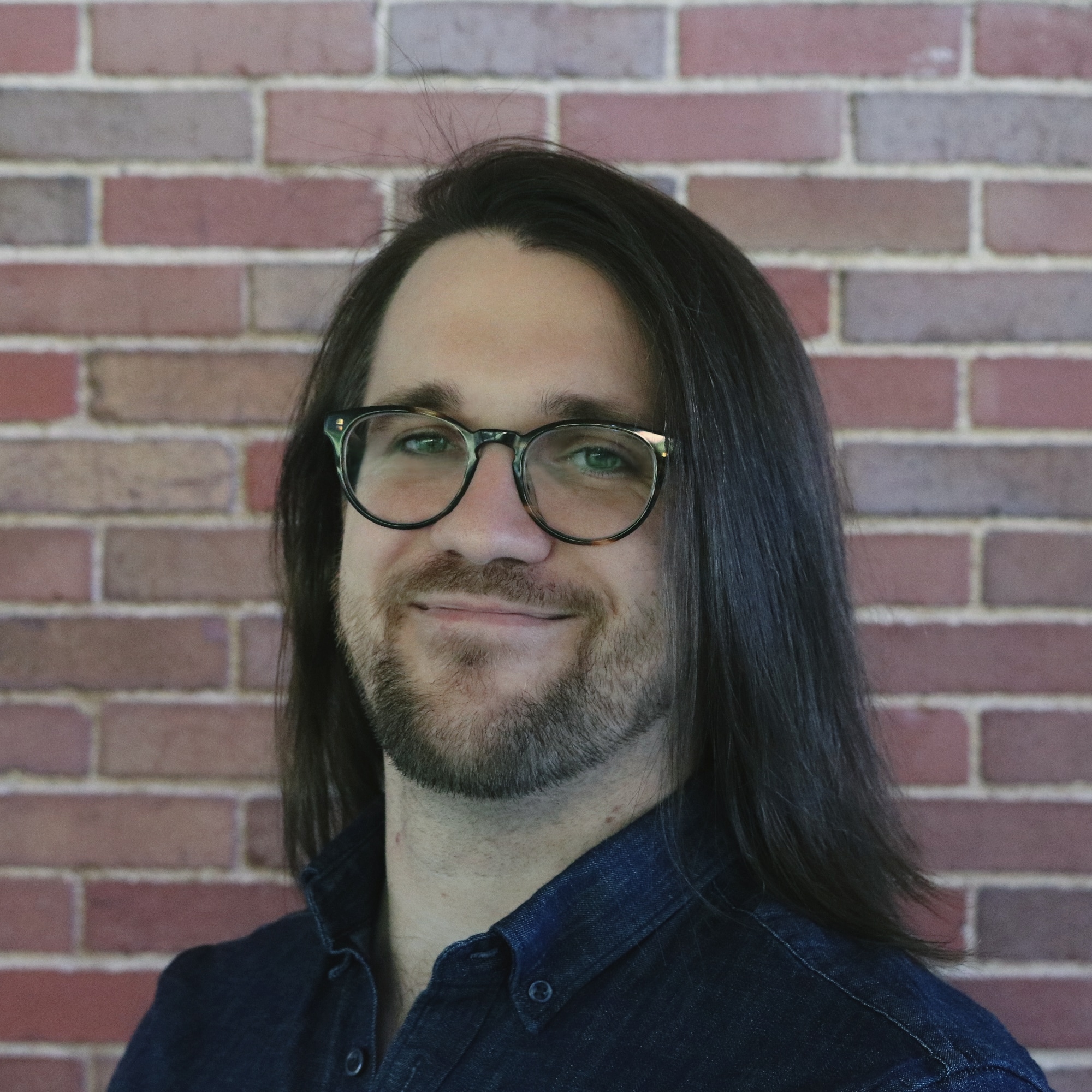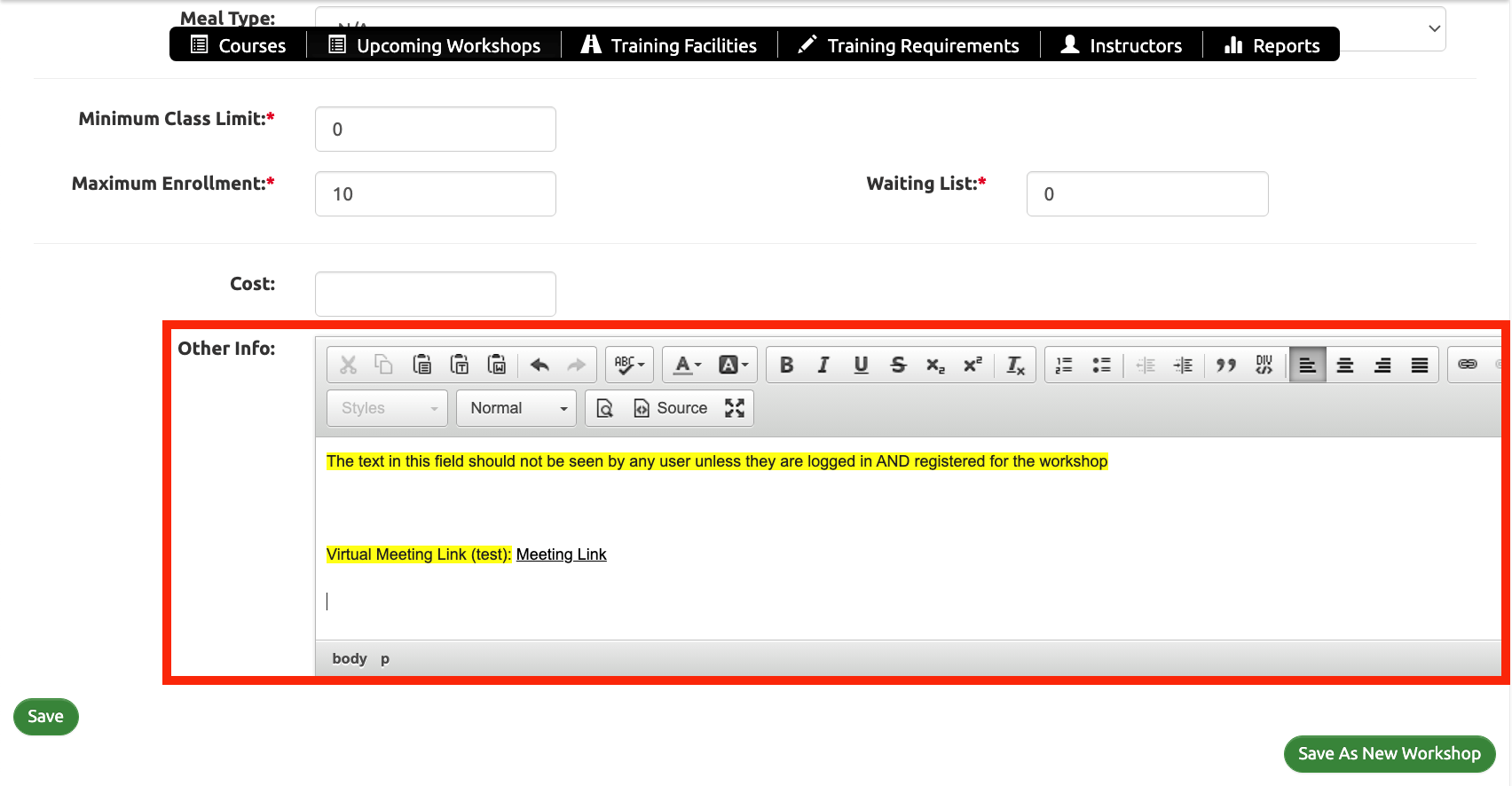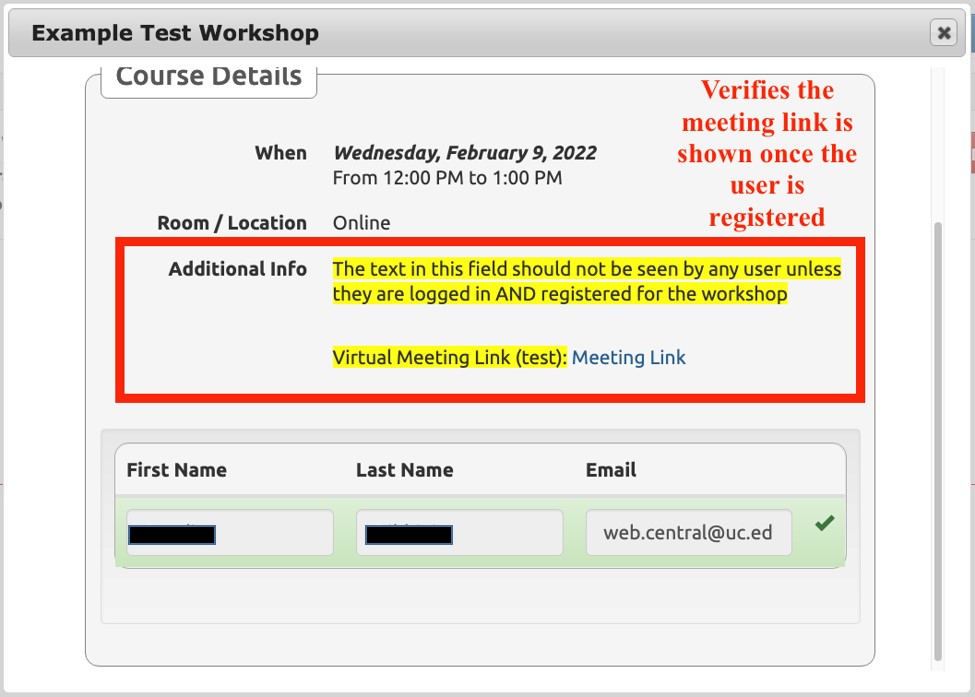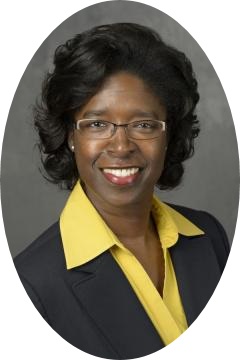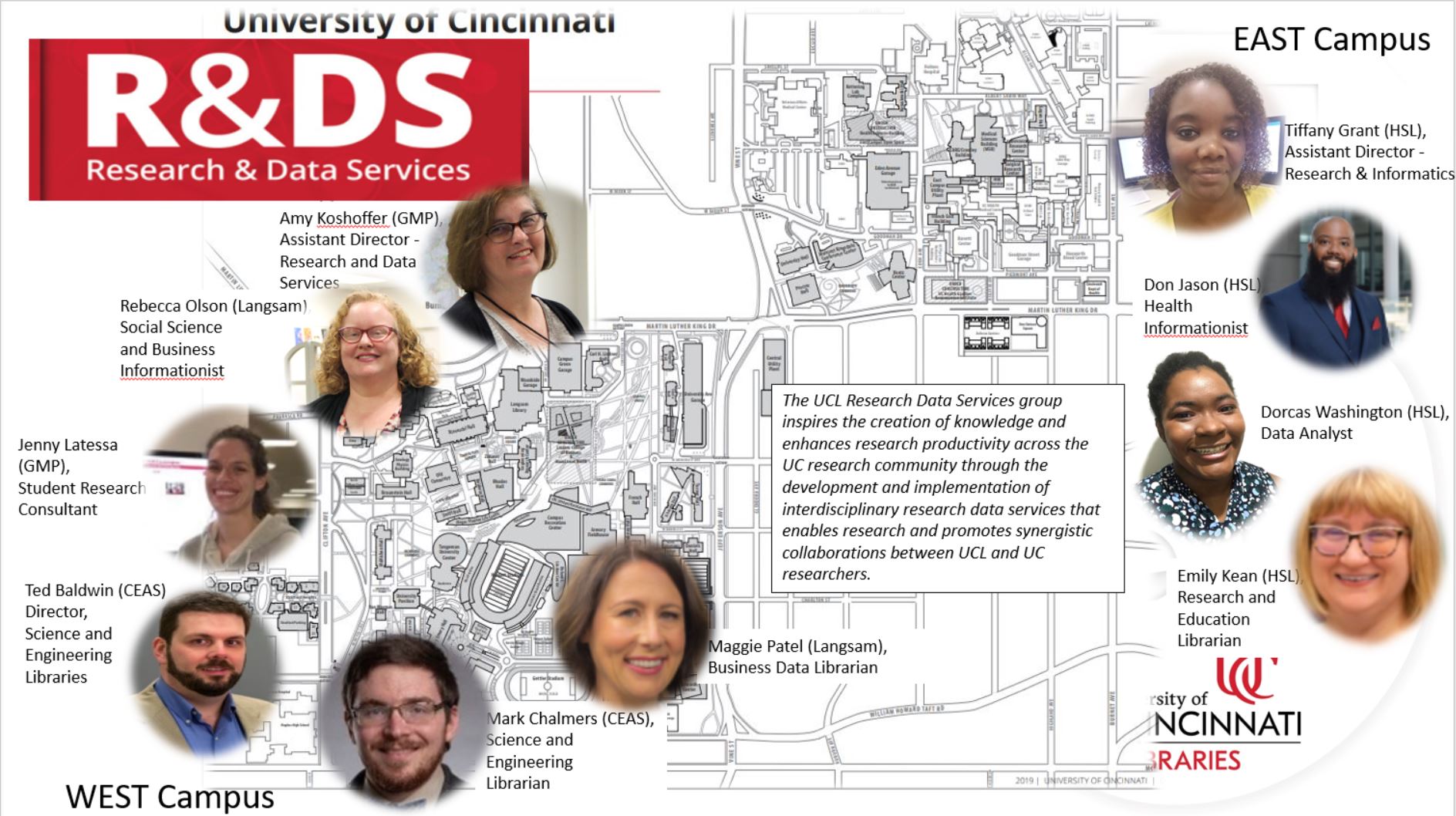The New NIH Policy for Data Management and Sharing and What it Means for You at the University of Cincinnati
Tiffany Grant and Amy Koshoffer
Co-leaders UC Libraries Research & Data Services
NIH Policy UC_Resources document
Introduction
“Data without context are inert, but data within contexts become information, knowledge (1).”
Researchers submitting for funding through the National Institutes of Health (NIH) on or after January 25, 2023, should be aware of the requirement to submit a Data Management and Sharing Plan (DMSP) for any NIH-funded or conducted research that will generate scientific data. Previously, the NIH only required grants with funding of $500,000/year or greater in direct costs to provide a short explanation of how and when data resulting from the grant would be publicly shared. However, this new mandate requires all grant applications or renewals to include a detailed plan for data management and sharing for the funded period. This requirement is mandated through the Final NIH Policy for Data Management and Sharing that emphasizes the importance of good data management practices and establishes the expectation for maximizing the appropriate sharing of scientific data generated from NIH-funded or conducted research. The NIH defines scientific data as the recorded factual material commonly accepted in the scientific community as of sufficient quality to validate and replicate research findings, regardless of whether the data are used to support scholarly publications. The NIH has long championed the proper management and sharing of scientific data to accelerate biomedical discovery through the promotion of data reuse for future research studies.
The NIH encourages data management and sharing that is consistent with the FAIR (Findable, Accessible, Interoperable, and Reusable) Data Principles. The FAIR Data Principles are a concise set of principles designed by representatives from academia, industry, funding agencies, and publishers, that serve to support and enhance reuse of data (2). In the first formal paper documenting the FAIR Principles, the authors suggest that good data management is critical not only for knowledge, discovery, and innovation, but also for the integration and reuse of data post-publication. The FAIR principles refer very specifically to data that is “open”. Open data is simply defined as “data that anyone can access, use, and share (3)”. The NIH has a long-standing commitment to open data to increase the utility of data produced by federal funding and has done so through mandating data management and sharing initiatives. Proper management and sharing of research data have numerous benefits to researchers. Authors found that articles that include statements that link to data in a repository were associated with an up to 25% higher citation impact (4). In another study, the authors showed a 69% increase in citations when data was made publicly available, and this increase was independent of impact factor, publication date, or the author’s country of origin (5). Citations are a type of currency in the scholarly community, as they can be directly tied to research funding, promotion, and notoriety in the respective field by facilitating increased visibility of the author’s works. Moreover, allowing for greater access to data can foster collaboration opportunities, increase transparency in research, and maximize the reuse of data all while meeting funder and publisher requirements.
This document will serve as a single resource for researchers at the University of Cincinnati to learn about the new NIH Data Management and Sharing Policy that went into effect on January 25, 2023. Researchers can use this document and the embedded links to find information on what is required of them as they prepare to submit NIH grant proposals and what resources UC has available to them to facilitate the process. Throughout this document, researchers will find links to information and tools that will aid them as they prepare Data Management and Sharing Plans as well as information about available data repositories for data sharing.

